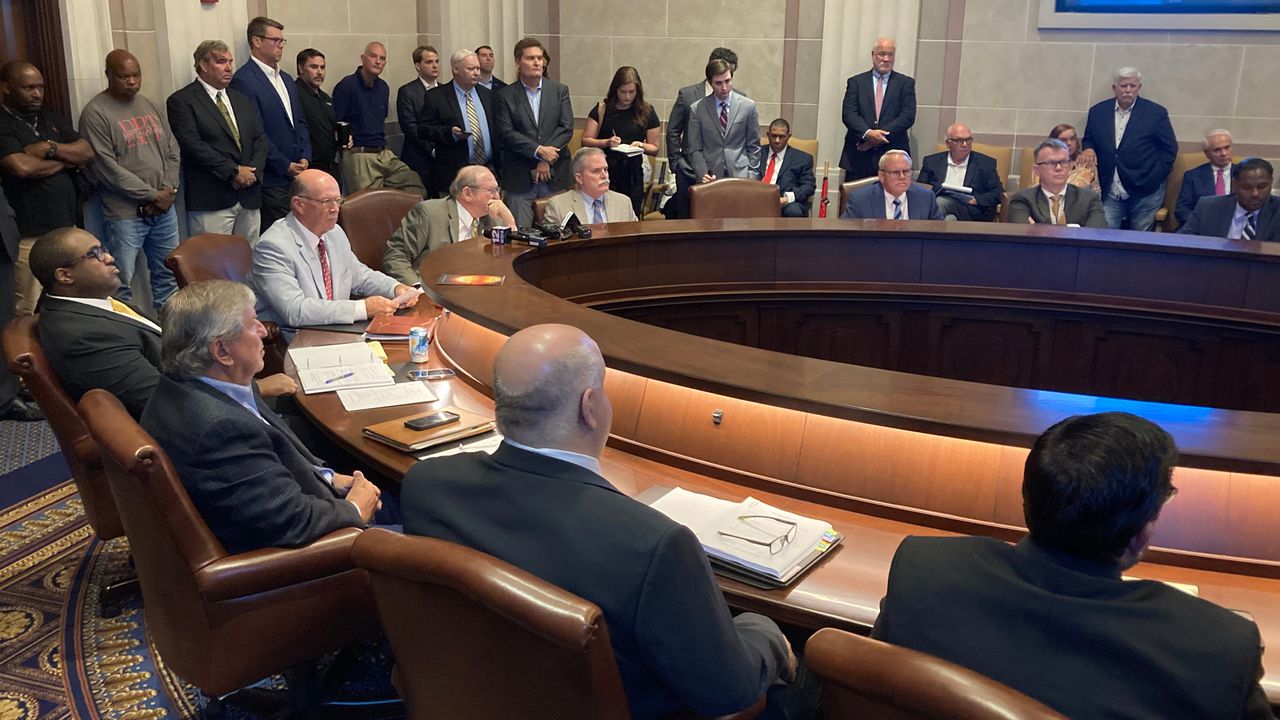Where could medical marijuana products be sold in Alabama?
Alabama’s new medical marijuana industry has run into delays because of mistakes and lawsuits, but licenses awarded last week provide an indication where the products could be sold when the disputes are resolved.
The Alabama Medical Cannabis Commission awarded 24 licenses on August 10 for companies to cultivate, process, transport, dispense, and test medical cannabis products.
AMCC officials have said they hope the products will be available late this year, but delays make that uncertain. The licensing process is temporarily on hold after some companies that were denied a license filed lawsuits claiming the AMCC violated the Open Meetings Act when it awarded the licenses.
The AMCC denies it violated the Open Meetings Act.
Montgomery Circuit Judge James Anderson said Thursday he would hold a hearing August 28 and said he hoped to resolve the issues without causing any unnecessary delays.
The AMCC awarded licenses to nine companies that would be able to operate dispensaries to sell medical marijuana products if the disputes are resolved and the licenses are issued.
That includes five companies that received integrated licenses, which will allow them to cultivate, process, transport, and dispense medical cannabis. The integrated companies can have up to five dispensaries each.
The AMCC awarded dispensary-only licenses to four companies. They can each operate three dispensaries.
According to the application summaries on the AMCC website, the companies awarded licensees plan to operate a total of 36 dispensaries in 17 cities. Again, the licenses have not been issued, so that could change.
For now, here is where dispensaries are planned:
- Six in Mobile.
- Five in Montgomery.
- Four in Birmingham.
- Three in Dothan and Gadsden.
- Two in Cullman, Demopolis, and Foley.
- One in Alexander City, Daphne, Loxley, Monroeville, Northport, Opelika, Owens Cross Roads, Oxford, and Talladega.
The AMCC has a map showing where the dispensaries and processing facilities are planned.
The Legislature authorized medical marijuana with a law passed in 2021. It created the AMCC to oversee the seed-to-sale regulation of the industry.
Medical cannabis products can include gummies, tablets, capsules, tinctures, patches, oils, and certain other forms, but no raw plant material or products for smoking or vaping will be sold.
Patients who receive a medical cannabis card from a doctor will be able to buy the products at licensed dispensaries.
The products can be used to treat a wide range of conditions, including chronic pain, weight loss and nausea from cancer, depression, panic disorder, epilepsy, muscle spasms caused by disease or spinal cord injuries, PTSD, and others.
Alabama is one of 38 states that have approved medical marijuana, according to the National Conference of State Legislatures.
You can find the list of companies awarded licenses here.
You can see summaries of the applicants here, including the scores that helped determine the license awards.
